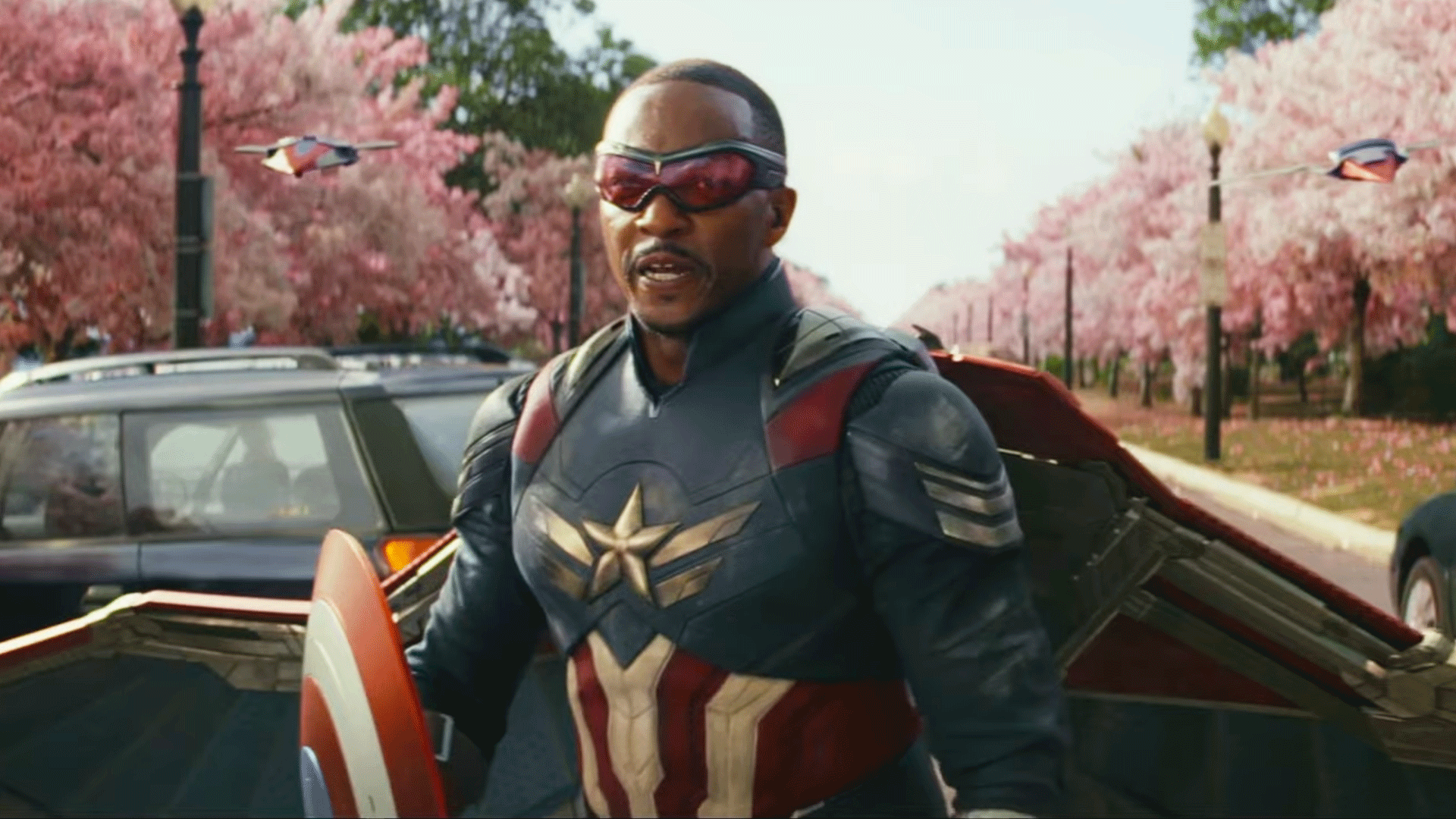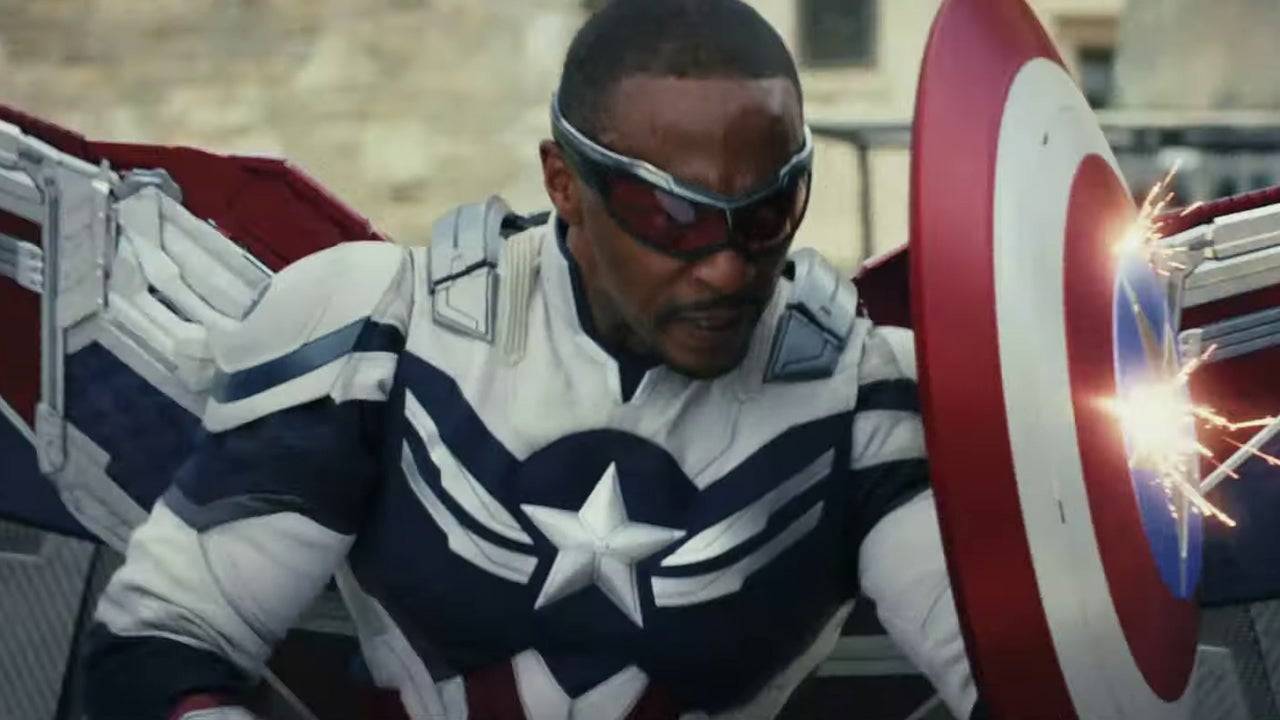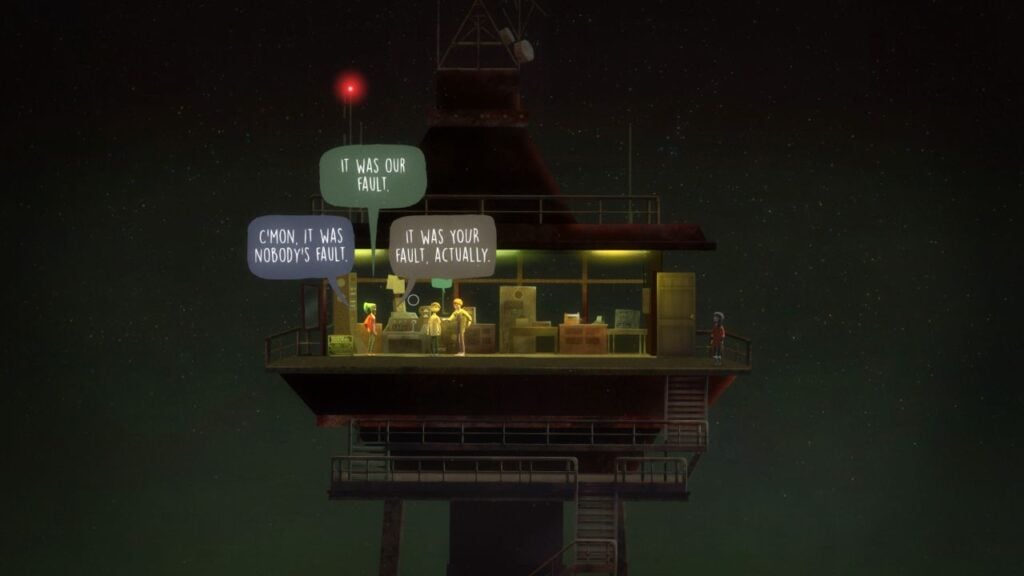Ever since Chris Evans hung up his Captain America shield in Avengers: Endgame, rumors have swirled about his potential return as Steve Rogers. Despite repeatedly denying these speculations and claiming he's "happily retired," the persistence of these rumors stems from a fundamental truth of comic books: no one truly dies.
Death and rebirth are staples in comic lore, and Steve Rogers is no exception. His assassination following the 2007 Civil War storyline was a landmark event, leading to Bucky Barnes stepping in as the new Captain America. However, this change was temporary, and Steve was eventually brought back to life and resumed his iconic role.
Years later, Marvel introduced another twist: Steve's super-soldier serum was neutralized, aging him rapidly and rendering him unable to wield the shield. This paved the way for Sam Wilson, aka The Falcon, to take on the mantle of Captain America. This storyline directly influenced the MCU, culminating in Anthony Mackie's Sam Wilson becoming the star of Captain America: Brave New World.

Yet, in the comics, Steve's aging was eventually reversed, and he returned to his duties as Captain America. This pattern of heroes returning to their roles fuels the rumors about Chris Evans reprising his role. However, is Anthony Mackie's position as Captain America at risk, or is he the MCU's permanent Captain America?
“I hope so!” Mackie exclaimed in a recent interview before the release of Brave New World. “I think when you look at Sam Wilson, the longevity of him being Captain America depends on how well the movie does. So go see the movie!”
Mackie seems confident that by the end of the film, audiences will unequivocally see Sam Wilson as Captain America. While he may not know his character's long-term fate, Mackie's tenure as Captain America appears more secure than Bucky's was in the comics. In recent storylines, Steve and Sam have even agreed to share the Captain America mantle, both wielding shields and wearing the flag. Thus, even if Chris Evans were to return in future Avengers films like Doomsday or Secret Wars, Mackie's position as Captain America seems assured.
Yet, it's crucial to remember that the MCU differs significantly from its comic book counterpart. Since its inception in 2008, the MCU has embraced a greater sense of permanence. When villains die in the films, they typically stay dead. This suggests that Steve Rogers' farewell in Endgame might indeed be his final one.
“We’re aware that, for some people, it’s hard to let go of Steve Rogers,” says Nate Moore, a veteran MCU producer involved with Captain America: Brave New World. “We love Steve Rogers, he’s fantastic. But I think that by the end of this movie, audiences are going to feel that Sam Wilson is Captain America, full stop.”

When asked if Anthony Mackie is the MCU's permanent Captain America, Moore confidently asserts, “He is. He is. And we’re so happy to have him.”
From the final episode of The Falcon and the Winter Soldier onward, Anthony Mackie's Sam Wilson is firmly established as the MCU's Captain America until his storyline concludes. This sense of permanence adds a different flavor to the MCU, raising the stakes and ensuring that the impact of character deaths, like those of Natasha Romanoff, Thanos, and Tony Stark, remains lasting. Steve Rogers, now too old for the role, seems set to remain in retirement.
Julius Onah, director of Captain America: Brave New World, emphasizes the importance of dramatic stakes in storytelling. “When Tony Stark dies, that's a big deal,” he says. “As a storyteller, you're just looking for the best dramatic playground for your actors to bring these characters to life. So it was a real treat for me to be able to [work with Sam’s role] in the MCU.”
Onah also looks forward to seeing how Sam Wilson will lead the Avengers in future endeavors, highlighting the significance of this role for any Captain America.
AnswerSee ResultsBy instilling a sense of permanence in the films, Marvel aims to differentiate the MCU from the cyclical nature of comics. The studio seeks to evolve, avoiding repetitive storytelling. “I do think [permanent change] does make the MCU feel different than it did in phase one through three,” says Moore. “Sam is Captain America, not Steve Rogers. He's a different person. And I think if you ask Sam who would be on the Avengers, it might be a different collection of people than Steve [would suggest]. So the way Sam might go about it could be completely different.
“But I think those questions are the questions we have fun with too,” he adds. “Because we want to explore every avenue – much like our fans do – and make sure if and when the time is right for the Avengers to come back, it's an Avengers that feels different, but also is worthy of the Avengers name.”
With many original Avengers now retired or deceased, the MCU's next major event will undoubtedly differ from the Infinity War/Endgame era, which is widely regarded as the pinnacle of Marvel Studios' work. Yet, one thing remains certain: Anthony Mackie will be at the forefront, leading the Avengers as the definitive Captain America. After all, Marvel has never intentionally misled fans about casting and later pulled a surprise stunt, right?
 Home
Home  Navigation
Navigation






 Latest Articles
Latest Articles









 Latest Games
Latest Games




![Chubby Story [v1.4.2] (Localizations)](https://imgs.xddxz.com/uploads/85/1719638042667f981a5e9f8.jpg)

![Zia – New Version 0.4 [Studio Zia]](https://imgs.xddxz.com/uploads/47/1719569268667e8b74e6004.jpg)




